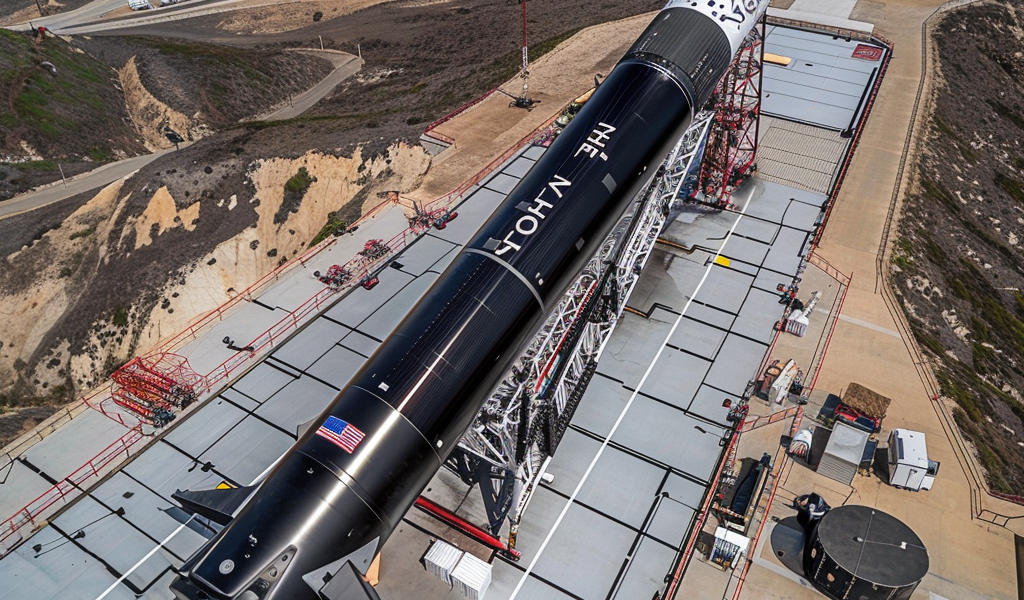A groundbreaking satellite mission is on the horizon, set to revolutionize our understanding of how clouds impact Earth’s climate. EarthCARE, short for Earth Cloud Aerosol and Radiation Explorer, is preparing for launch on one of Elon Musk’s SpaceX rockets from the Vandenberg Space Force Base in California.
The primary objective of EarthCARE is to gather comprehensive data on clouds, including aerosols like dust and smoke that influence cloud formation. Additionally, the satellite will measure the radiation emitted from Earth’s surface and atmosphere, shedding light on crucial climate dynamics.
Many essential components of EarthCARE, such as the main structure and key instruments, have been constructed in the UK, highlighting the nation’s contribution to this innovative project.
Researchers anticipate that the data collected by EarthCARE will significantly enhance weather forecasting accuracy and climate prediction reliability. By better understanding the role of clouds in regulating the planet’s temperature, experts believe that this information could aid in addressing the challenges posed by global warming.
Professor Anthony Illingworth from the University of Reading, the visionary behind EarthCARE, has been instrumental in driving this initiative forward. Originally conceived over three decades ago, the project gained traction when it was adopted by the European Space Agency (ESA) in 2004, evolving into a collaborative effort with the Japanese space agency Jaxa.
Prof. Illingworth expressed his excitement about the mission, emphasizing its potential to empower policymakers with data-driven insights for climate change mitigation and adaptation strategies. Clouds are pivotal in regulating the planet’s temperature by reflecting sunlight and trapping heat, yet their precise impact on the climate system remains a mystery.
The EarthCARE mission, with a price tag exceeding 800 million euros (£680 million), is poised to unravel these complexities over its three-year duration. Weighing over two tonnes and spanning 17 meters in length, the satellite is equipped with advanced instruments to analyze cloud structures, capture images, and quantify solar heat retention by clouds.
Notable contributions to EarthCARE include the multi-spectral imager (MSI) instrument developed by Surrey Satellite Technology (SSTL), featuring two high-tech cameras. Additionally, the broadband radiometer instrument was supplied by space manufacturer Thales Alenia Space UK, further underscoring the collaborative efforts driving this groundbreaking mission.





